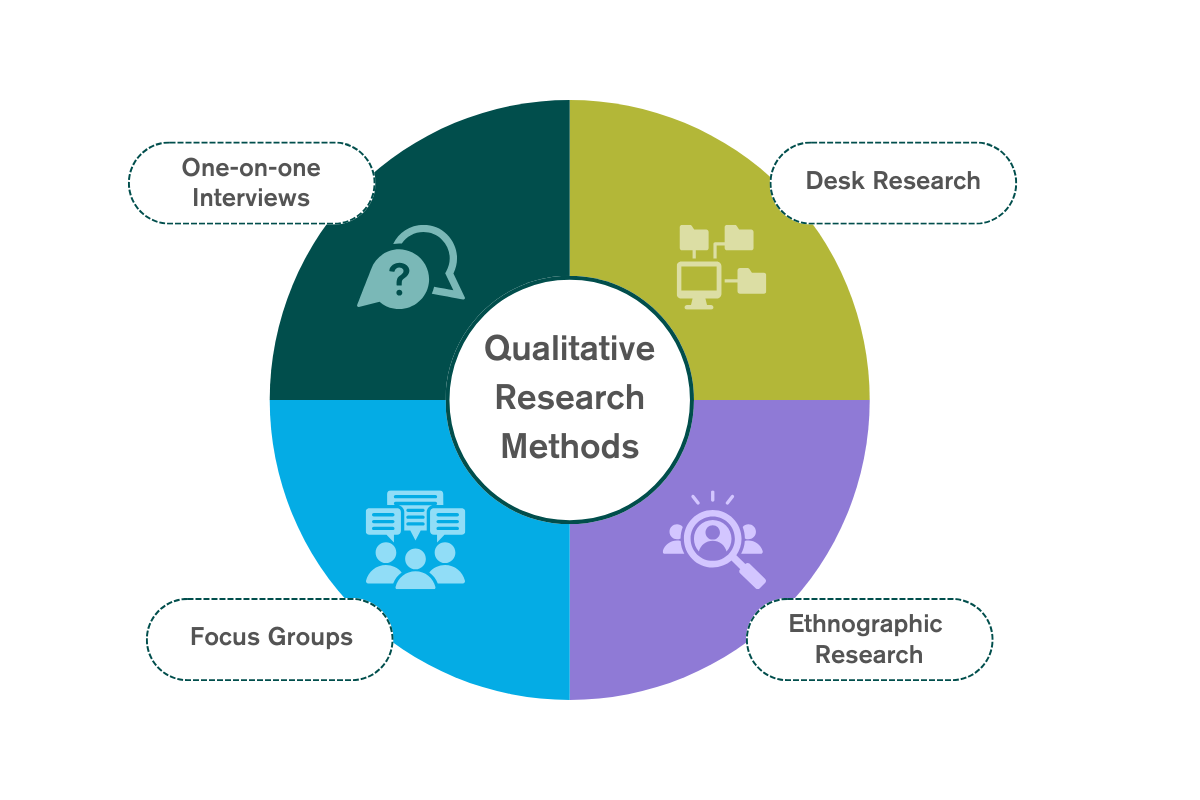Capability
Concept Testing
Concept testing is important for knowing that your idea will resonate. Launch effective ad campaigns, products and rebrands by building them around the voice of the customer.

Why choose us
Concept development and testing you can believe in
How do you know if your new ad campaign will land? Or if a rebrand will dent customer consideration of your product? Our concept testing builds ads, rebrands and product names around the Voice of the Customer.
High quality data
Data sourced from computer-assisted telephone interviews or video interviews – no online survey panels. Get insights from real people with real expertise.
Greater efficiency
A streamlined research process that saves time and resources, while also uncovering clearer insights.
Genuine B2B expertise
A team of B2B experts that know what’s important to you and your industry.

Use Cases
B2B concept testing
Product development
Concept testing allows you to try out new product features with your target audience ahead of launch. Iron out any issues and develop an effective marketing strategy based on value propositions.
Ad testing
Ad testing ensures that ad campaigns resonate with your target audience and will have an impact on brand perception and sales.
Brand name testing
Brand name testing gathers feedback from your target audience on a potential rebrand ahead of launch. Understand what resonates, localize and identify any negative connotations.
Localization
Concept testing in different geographic markets tests that your ad campaign or rebrand aligns with cultural nuances.
Our process
Custom-built concept development and testing
Every one of our concept testing projects is custom-built from scratch. No more off-the-shelf research.
Define your research objectives
An initial meeting to understand your brand challenge or opportunity to inform our research plan.
Project kick-off
We meet with your internal stakeholders to align on the research plan, including objectives, timings and audience.
Design interview materials
We custom design the interview discussion guides and/or questionnaires and edit until you sign-off.
Interview programming and setup
This is managed by our in-house team to make sure we have ultimate quality control.
Recruit real decision-makers
We recruit, screen, and validate the identities of relevant decision-makers in your target audience.
Data collection
We conduct live interviews with a representative sample of relevant decision-makers.
Analysis and reporting
We analyze the data collected by relevant variables and report clear and actionable insights in a short slide deck.
Strategic recommendations
We provide key recommendations on how to derive value from the insights and present the findings.
Featured CAse Studies
Our concept testing experience
Faqs
Concept testing FAQs
Here are some FAQs about concept testing.
What is concept development and testing?
Concept and name testing helps our clients to accelerate and verify their name or concept roadmap with direct feedback from their target audience, ultimately ensuring that the best solution is chosen and taken to market in its optimal form. Our concept and name testing solutions help to launch effective ad campaigns, product launches, and rebrands and include ad testing, brand name testing, messaging and positioning testing, focus groups, stage gate process, and Voice-of-the-Customer (VoC).
What is the purpose of concept testing?
The purpose of concept testing is to provide insight into:
- Which avenues of innovation to prioritize based on the needs and drivers of the audience.
- What solutions and features to prioritize based on purchasing decisions and willingness-to-pay.
- What names, ad campaigns and value propositions best resonate with your target audience.
Why is concept testing important?
Concept testing is an important step in launching a new brand, ad campaign, or product. It allows you to test out different iterations of concepts with your target audience in a safe environment. This makes sure that you select the most effective version that resonates with your audience. It also reduces the risk that you will take a reputationally damaging ad, brand name, or positioning to market by uncovering possible blind spots. Increasing the likelihood of market acceptance is vital when making major investments in branding, ad campaigns, and new products.
How do you conduct ad testing?
Ad testing is conducted using both qualitative research and quantitative research. In a focus group setting, or virtual in-depth interviews using screensharing, we ask customers and prospects for their feedback on ad campaigns. This can help to identify leading concepts and unforeseen issues with ads, and help with reiterations of the concept, copy and design. Crucially, qualitative research settings help us to understand the why behind preferences and perceptions. A quantitative survey then measures whether the final ad campaigns resonate with your target audience, fit with what they know about your brand, and positively shape brand perceptions.





